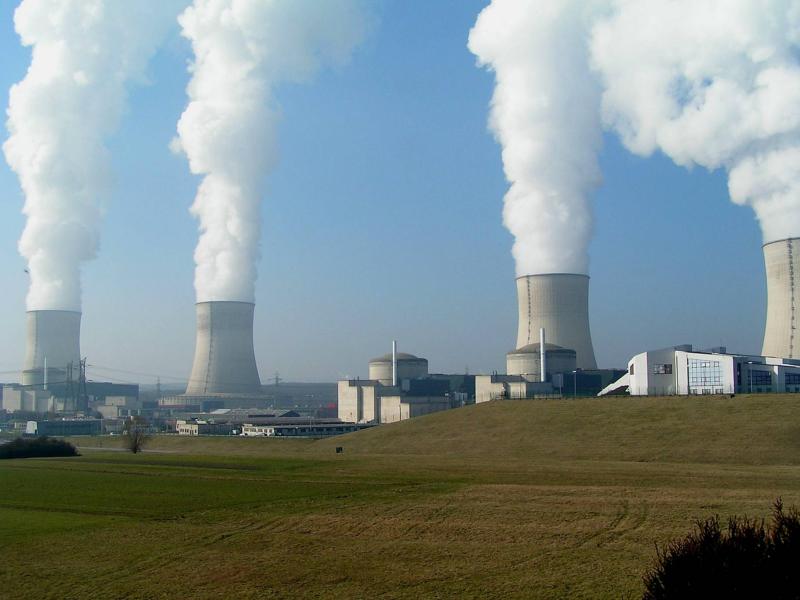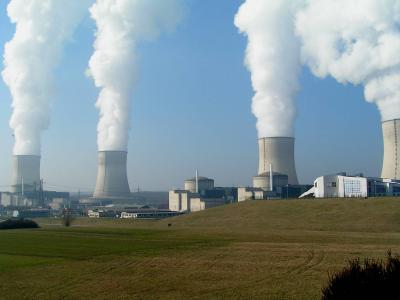The International Atomic Energy Agency (IAEA) and independent experts stated on Thursday that a new reactor at the Yongbyon nuclear complex in North Korea appears to have started operating for the first time, indicating a potential additional source of plutonium used in nuclear weapons production. For years, North Korea has utilized spent fuel from a five-megawatt nuclear reactor in Yongbyon to produce plutonium for its nuclear arsenal, but the evident discharge of warm water from a larger light-water reactor suggests it is now operational, according to the agency.
IAEA Director-General Rafael Grossi stated that "the discharge of warm water indicates that the reactor has reached a critical stage." The agency has not been able to enter North Korea since Pyongyang expelled its inspectors in 2009 and is currently monitoring the country's activities mainly through satellite imagery. Grossi mentioned that without access to nuclear facilities, the agency cannot verify the operational status of the reactor.
The agency noted it has observed a strong flow of water from the cooling system of the light-water reactor since October, indicating ongoing operation. Grossi explained that the latest indicators suggest the water was warm. He added, "A light-water reactor, like any nuclear reactor, can produce plutonium in the spent fuel, which can be extracted during reprocessing, so this is a cause for concern," describing the development of North Korea's nuclear program as "extremely regrettable."
Increase in Plutonium
Researchers at the James Martin Center for Nonproliferation Studies in California also concluded that the reactor is likely operational, suggesting it could be "a significant source of nuclear materials" for the weapons program that is prohibited under UN Security Council resolutions. In a report released in April, the Washington-based Institute for Science and International Security estimated that the light-water reactor "could allow for an increase in plutonium quantities at a rate estimated at about 20 kilograms per year, which is four to five times higher compared to the nearby smaller reactor."
That study concluded that North Korea could possess between 31 to 96 nuclear warheads depending on the types of devices being produced and the fuel used. The news of the reactor's operation comes as North Korean leader Kim Jong-un stated that this week's intercontinental ballistic missile test demonstrated that his country would not hesitate to launch a nuclear strike if provoked by the enemy with strategic weapons.




